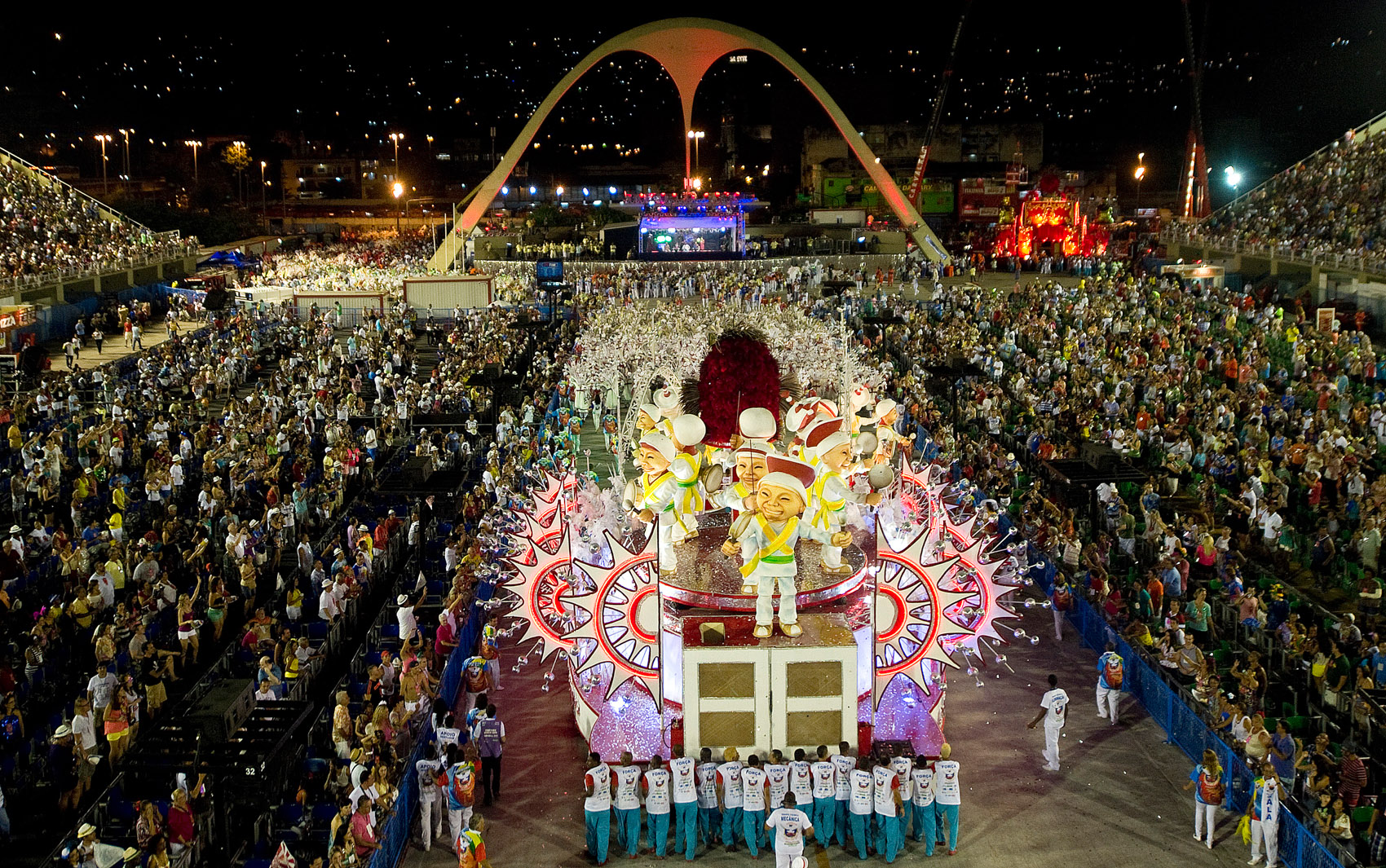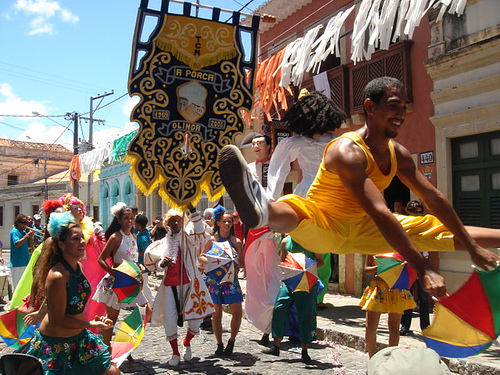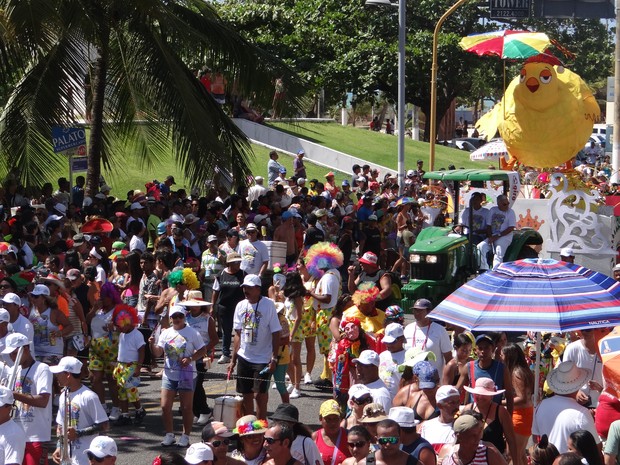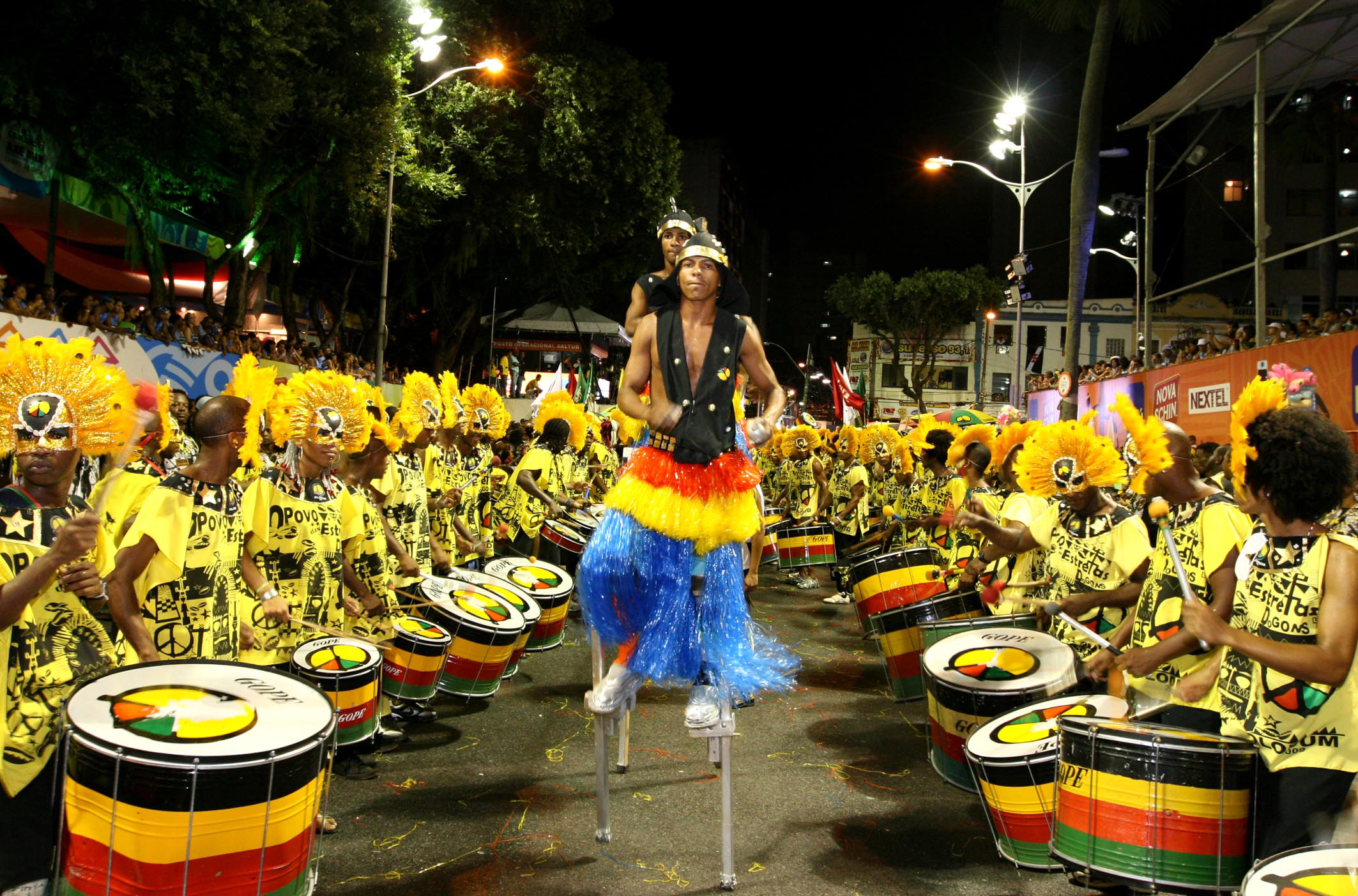Lets get the party started!
Summer in Brazil is getting to its peak. All the business processes are getting slower, working days shorter, deadlines are shifting to the beginning of March. In the meantime, the shops are getting new colorful decorations and filling its shelves with diverse staff for the “fantasias” – carnival outfits; the streets are filling in with music, the walls with ads about parties. Brazil is getting ready for the main party of the year – Carnival. If you come to Brazil to volunteer during this time, you can forget about work, almost all our partners NGOs go on holidays. So think about it in advance and plan your own Carnival.
Officially it lasts three days, but in reality it starts already two weeks before with pre-parties and rehearsals.
Every state, every city, every village, every settlements in Brazil celebrates carnival. However each one has proper characteristics and music. The most famous carnivals of Brazil are in Rio, Salvador and Recife.

Without doubts the parade of Samba Schools in Rio is the visiting card of Brazil. Look at this carnival guide to understand better how does it work, learn some vocabulary and even where to buy a costume and participate in the parade.
Unfortunately, Rio is a bit far from us, and it can be quite costly to travel there during carnaval period. Instead you can visit carnival in Salvador which is a huge street parade. The majority of the population of Salvador is black, it influences the atmosphere on the carnival, especially the music. Such music styles as samba-reggae and axé are prevalent there.

The closest to us carnival in Recife takes part in the colonial city Olinda. Their main rhythms are the frevo and the maracatu. Frevo is Pernambucan-style dance with African and acrobatic influences, as it is fast and electrifying, often using an open umbrella and frequent legs and arms movements. Maracatu is orchestra of drums, which you can join after some quick practice.

Maceió has its own carnival, mostly represented by “blocos” a group of people who dress in costumes or special T-shirts with themes and/or logos. Blocos are generally associated with particular neighborhoods; they include both a percussion or music group and an entourage of revelers. Even Garça Torta, the district where our school is located, has its own bloco, which gathers all the neighbors together to make a great party on the beach.
